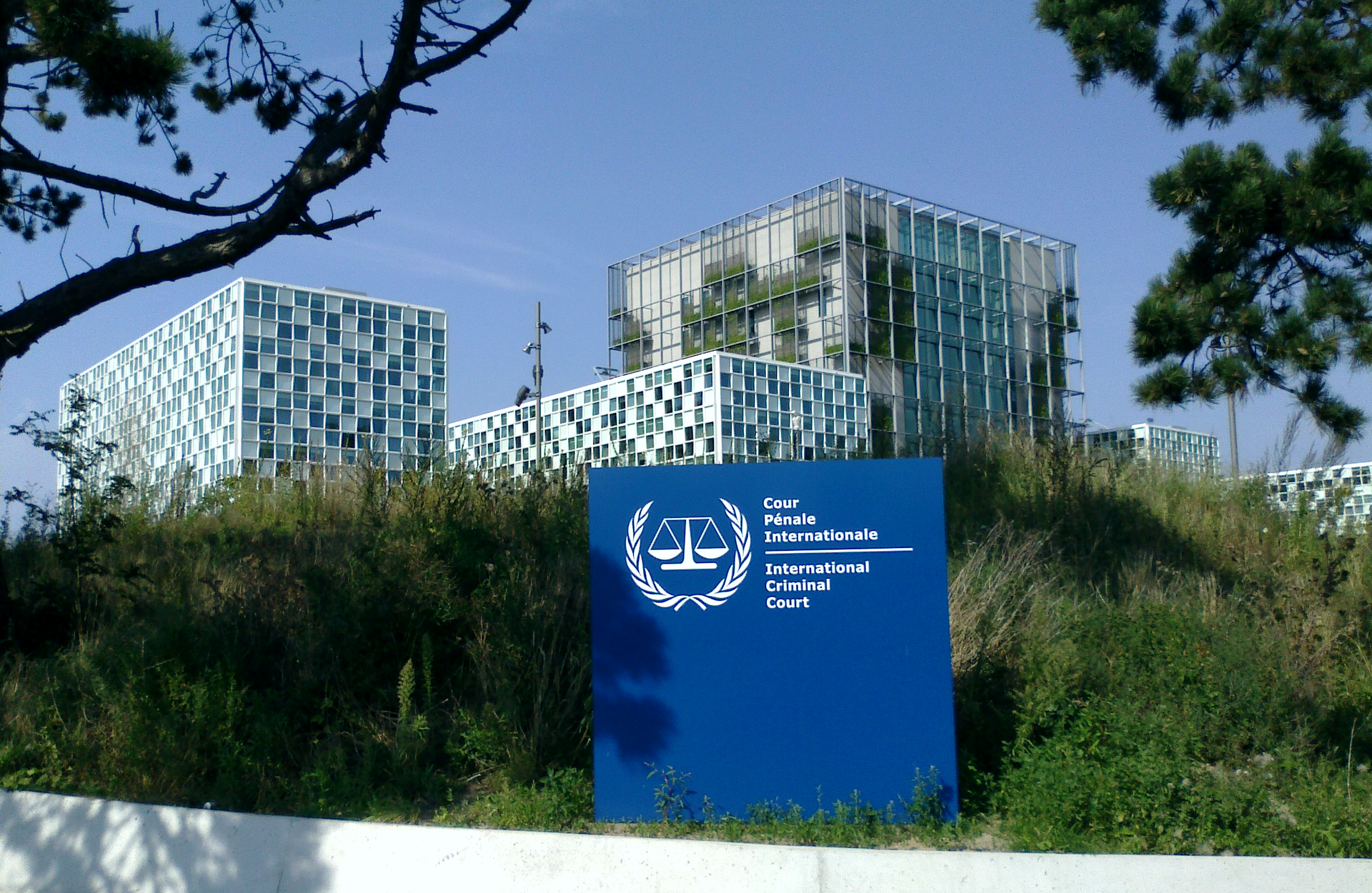‘Ecocide’ Drive to Make Environmental Damage Legal Equivalent of Genocide Accelerates
Originally published at National ReviewFirst, there was Deep Ecology, a view that the earth is a living entity and that humans are the vermin species afflicting Gaia.
Then, there was “nature rights,” the belief that nature should have the enforceable right to “exist, persist, maintain and regenerate its vital cycles, structure, functions and its processes in evolution,” a neo-right-to-life that could be enforced in court by anyone and everyone. The idea, of course, is to use the courts to stifle human enterprise, particularly of the “free” kind.
Now, there is its first cousin — “ecocide” — the drive to create a “fifth international crime against peace,” and punish environmental despoilation as an evil equally odious to genocide and ethnic cleansing. The idea is to land corporate CEOs in the Hague.
Support for creating the crime has come from very high places, including Pope Francis. And now, international lawyers have created a more restrictive definition of the proposed crime than previously, a move they hope will lead to legal acceptance around the world. From The Guardian:
The draft law, unveiled on Tuesday, defines ecocide as “unlawful or wanton acts committed with knowledge that there is a substantial likelihood of severe and widespread or long-term damage to the environment being caused by those acts” . . .
If adopted by the ICC’s members, it would become just the fifth offence the court prosecutes — alongside war crimes, crimes against humanity, genocide and the crime of aggression — and the first new international crime since the 1940s when Nazi leaders were prosecuted at the Nuremberg Trials.
Lest you think that is reasonable, imagine the destructive potential if the threat of filing international criminal charges becomes an anti-global-warming arrow in the radical environmentalist’s quiver. Indeed, that seems a big part of the point:
The Stop Ecocide Foundation initiative comes amid concerns that not enough is being done to tackle the climate and ecological crisis . . .
Prof Philippe Sands QC, of University College London, who co-chaired the panel that spent the past six months hammering out the definition, said: “The four other crimes all focus exclusively on the wellbeing of human beings. This one of course does that but it introduces a new non-anthropocentric approach, namely putting the environment at the heart of international law, and so that is original and innovative.
By the way, “harm to the environment” need not include pollution. A prime target of the ecocide warriors has been the Alberta tar sands — even though companies must pay to remediate the environment once the oil has been extracted. But then, to these radicals, extracting oil itself is ecocide.
Never mind that communist countries have the worst environments — here’s looking at you, China — much of this is driven by anti-free-market ideology:
The other co-chair, Dior Fall Sow, a UN jurist and former prosecutor from Senegal, said: “The environment is threatened worldwide by the very serious and persistent damage caused to it, which endangers the lives of the people who live in it. This definition helps to emphasise that the security of our planet must be guaranteed on an international scale.
“In the current context, where serious damage to the environment is increasingly important and affects a large number of states, their support could be gained for this new definition of the crime of ecocide. One can think, among others, of island developing states that are subject to ecological ecocides committed by corporations.”
This is the bottom line: Despite the grueling permit processes, extensive environmental impact reports, and litigation gauntlets that currently protect the environment and/or throttle development — take your pick — nature rights intends to become the “shield” preventing the exploitation of natural resources regardless of how responsibly undertaken, while ecocide intends to be the “spear” punishing it. Taken together, these proposals would chill company executives from even considering large-scale enterprises for fear of ending up in the dock or civil court. And good luck obtaining liability insurance!
If either or both of these radical proposals become law, human thriving and economic prosperity will be brought to a screeching halt.
